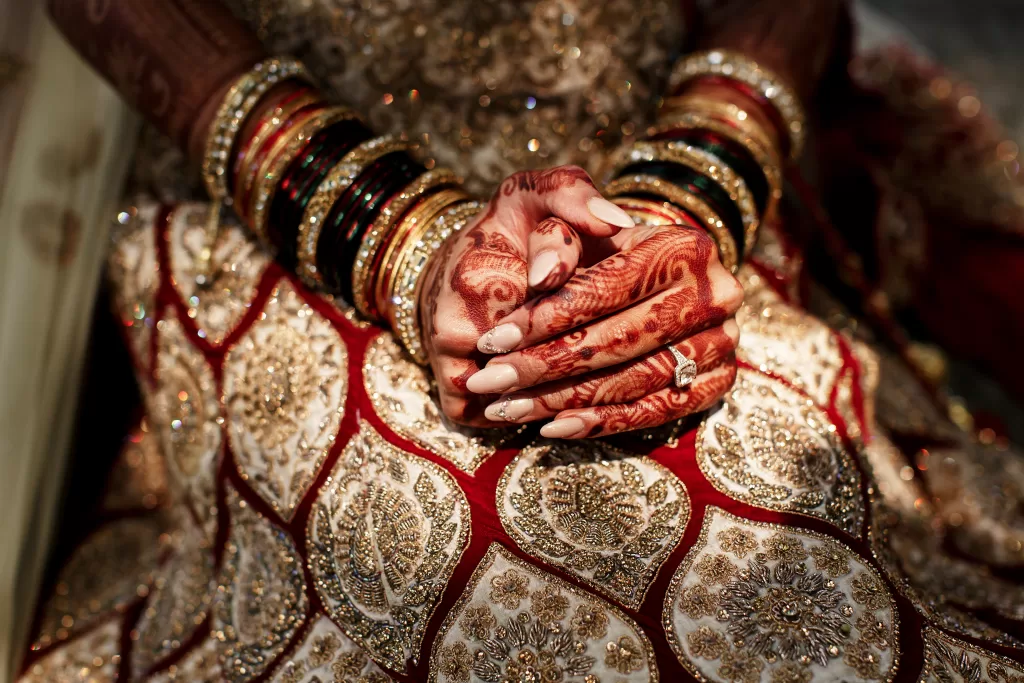In the heart of South Asia, where traditions intertwine with modernity, a dark and pervasive issue persists: forced marriages in Pakistan. This age-old practice, deeply rooted in cultural norms, not only jeopardizes the fundamental human rights of individuals but also has the potential to lead to unhealthy living environments, childhood trauma, and abuse.

Forced marriages are often seen as a means of upholding family honor and societal expectations. However, the grim reality is that they can become breeding grounds for a host of social issues, starting with the immediate impact on the individuals involved. Young boys and girls find themselves entangled in a web of decisions made by others, forced to embark on a life journey with a partner they did not choose.
Living in a marriage forged by external pressures rather than personal choice can create an environment laden with tension and resentment. The lack of emotional connection between spouses, a cornerstone for a healthy marriage, often results in an atmosphere of perpetual strain. This not only hampers the well-being of the couple but sets the stage for an unhealthy upbringing of the next generation.
Children born into such unions may be exposed to dysfunctional family dynamics, witnessing their parents grapple with the consequences of a forced marriage. The ripple effect of this unhealthy environment extends beyond the immediate family, impacting the community at large. It becomes a cycle that perpetuates itself through generations, normalizing a practice that should be recognized as a violation of basic human rights.
Childhood trauma is an inevitable byproduct of forced marriages. The emotional toll on individuals who are coerced into unions is profound, and it manifests in various ways. Anxiety, depression, and a sense of powerlessness are prevalent among those forced into marriages against their will. The scars of such trauma extend far beyond the wedding day, affecting one’s ability to form healthy relationships and navigate the challenges of adulthood.
The issue compounds when we consider the prevalence of abuse within forced marriages. The power imbalance between spouses, exacerbated by the lack of emotional connection, creates an environment ripe for physical, emotional, and psychological abuse. Victims, especially women, often endure silent suffering due to societal pressures and a fear of tarnishing the family name.
The perpetuation of forced marriages in Pakistan is not solely a consequence of individuals’ choices; it is deeply ingrained in societal structures that perpetuate gender inequality and restrictive norms. Breaking this cycle requires a multi-faceted approach that involves legal reforms, community education, and support systems for victims.
Legal frameworks need to be strengthened to protect individuals from forced marriages, with stringent consequences for those who perpetrate or facilitate such acts. Simultaneously, community-based educational programs can challenge traditional norms and raise awareness about the damaging effects of forced marriages on individuals and society as a whole.
Support systems, both governmental and non-governmental, should be established to provide assistance and refuge for victims seeking to escape forced marriages. Counseling services and safe spaces can play a crucial role in helping survivors rebuild their lives and break free from the shackles of trauma.

Forced marriages in Pakistan are a deeply entrenched issue that demands urgent attention and comprehensive intervention. By dismantling the cultural norms that uphold this practice, fostering awareness, and providing support for victims, we can strive toward a society where individuals have the autonomy to choose their life partners and build relationships based on love, respect, and mutual consent. It is a collective responsibility to break the chains of forced marriages and pave the way for a future where every individual can thrive in a healthy, nurturing environment.














